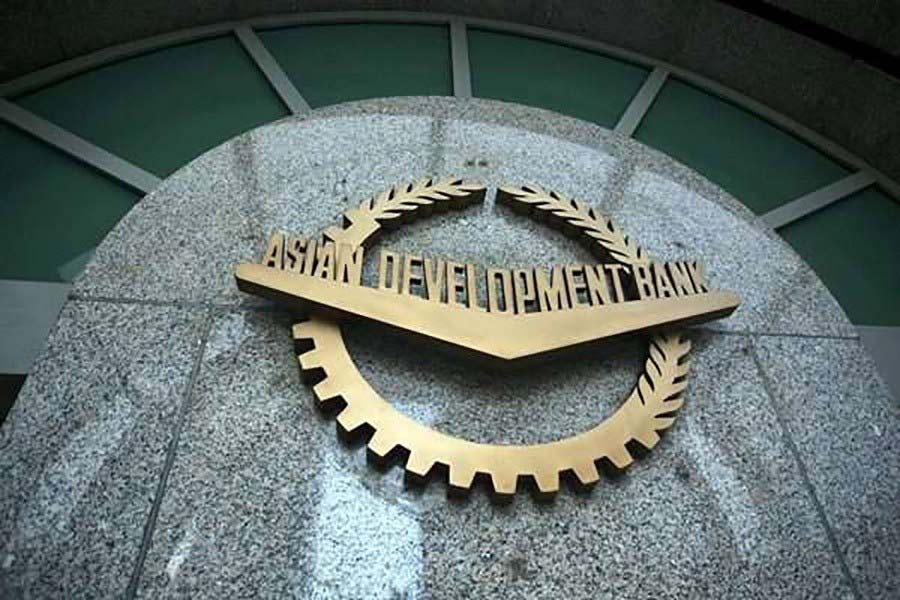Bangladesh secures $400m from ADB to boost climate resilience, inclusive development

Published :
Updated :

The Asian Development Bank (ADB) on Thursday approved a $400 million loan to help Bangladesh enhance its resilience against climate impacts, cut emissions in climate-critical sectors, and promote inclusive development.
The funding will support the second phase of the Climate-Resilient Inclusive Development Program (CRIDP), which includes nearly $113 million in co-financing from the Agence Francaise de Developpement, and $400 million from the Asian Infrastructure Investment Bank (AIIB), reports UNB, citing a press release.
It said that under CRIDP, the Bangladesh Climate Development Partnership will be established to secure climate finance and help government ministries to develop, implement, monitor and evaluate climate projects more effectively.
A new framework will scale up local youth-related and gender-responsive local adaptation measures.
The programme also supports a national disaster risk financing strategy, including instruments like crop insurance, disaster risk insurance, and contingent disaster financing.
Besides, the programme supports the update of the Revised Strategic Transport Masterplan for Dhaka (2025–2034), and implementation monitoring of the renewable energy components of the Integrated Energy and Power Master Pla,n which aims to promote climate-friendly transport systems and renewable energy.
Bangladesh is one of the world’s most climate-vulnerable nations, said the press release.
Recent studies show that if high greenhouse gas emissions continue, the country could lose up to one-third of its gross domestic product (GDP) by 2070.
Tropical cyclones already cause about $1 billion or 0.7 per cent of GDP in damages each year, and severe flooding could shrink the economy by as much as 9.0 per cent compared to expected growth by 2050.
By that year, Bangladesh could lose 17 per cent of its land and 30 per cent of its food production, pushing food and nutrition security to a critical point.
The programme addresses key constraints such as the lack of a holistic and effective institutional framework, as well as inadequate climate financing and private sector participation.
It focuses on creating a supportive environment for climate actions, strengthening adaptation, and accelerating mitigation actions.
ADB Senior Public Sector Economist Sameer Khatiwada said the programme will help Bangladesh achieve its climate goals more efficiently by bringing government agencies together and aligning their work with national policies.
“It will also remove obstacles to mobilising climate finance, reinforce adaptation efforts in priority sectors, and speed up actions to reduce climate impacts.”


 For all latest news, follow The Financial Express Google News channel.
For all latest news, follow The Financial Express Google News channel.